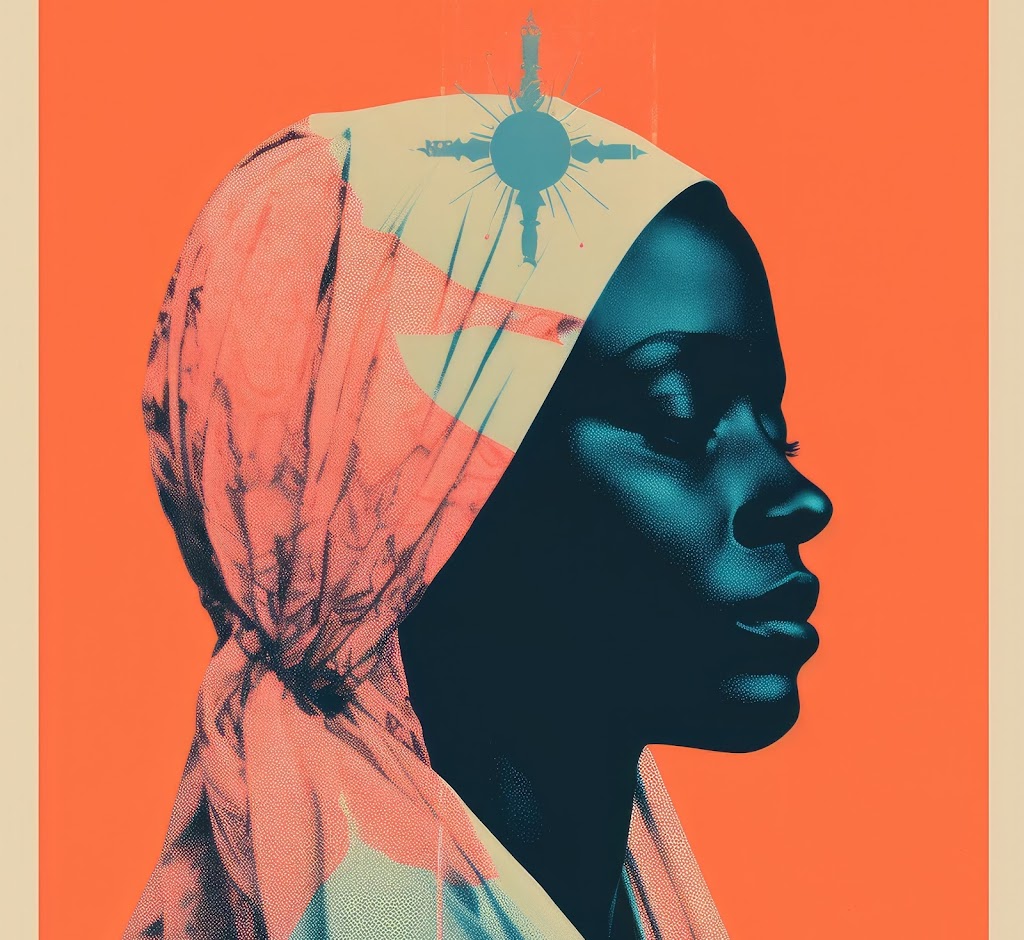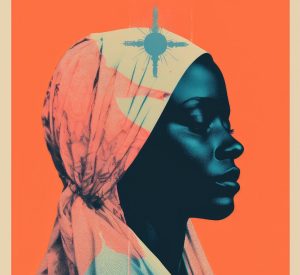Lifestyle & Culture

Postcards from Reality: Being Female.
 |
| AI-Generated picture of a lady |
Author: Akhigbe Olohita Lorenta
The concept of “being female” is mostly a personal tale from personal experiences and personal perspectives. Sometimes, this topic makes me sigh.
It was in Primary six. We had just returned to school from the weekend break. The classroom was dirty. The chairs were dusty. We’d tried to clean, but the bell rang. We would quickly clean immediately when we got back. But we couldn’t, we met our form teacher in class. He was fuming. He was very irritated. We were definitely going to be punished. Surprisingly, we weren’t all punished. He asked the boys to sit and the females were asked to step out. I remember being very confused. Weren’t the boys part of us? Why did we have to be punished? I took 3 strokes of the cane on my palm. I felt very ashamed. Osasuyi Precious was bold enough. She asked him why the boys weren’t punished. He said; “you’re a female, don’t you clean in your house? Should a boy be cleaning when you’re present?” And that was it. This is one of my tales of being female.
Efe was always scared to go back home from school. We’d always gather around and listen to her tell us stories. Stories of how her daddy would scream at her mummy to give him a child. She said he’d hit her too. We were shocked. Didn’t her mummy just give birth to the third child some months ago? Efe told us they were females, so her papa was angry. We heard stories of how he would bring concoctions and different medicines and make her mummy take them. He desperately wanted a male child. This is Efe’s tale of being female.
Have you ever been told you’ll never find a husband because you’re too “aspiring and plainspoken”? That you could be successful but not more than the man in your life?” If you have a car, proper education, money, a good job, and even a house, men will run away from you. They’ll not want to come near you” Have you heard something of this sort?
Ini was a confident and outgoing 16-year-old girl who loved to express herself through her fashion choices. She enjoyed experimenting with different styles and colors, and her bold outfits always made her stand out in a crowd. Ini was walking home from school one day when a man approached her from behind and grabbed her forcefully. She screamed and struggled to get away, but the man persisted, groping her and making lewd comments. Eventually, she managed to break free and run away, but the experience left her shaken and traumatized. When Ini told her family and friends what had happened, they were shocked and saddened. However, some of them had a troubling response. They asked Ini what she had been wearing that day, suggesting that her outfit may have been too revealing or provocative. They even went as far as to say that Ini had brought the assault upon herself and that she should have been more careful about how she dressed.
Ini was devastated by these comments. She felt like her loved ones were blaming her for the assault, rather than supporting her and condemning the actions of the perpetrator. She also felt like she could no longer express herself through her fashion choices, fearing that she would be judged or targeted for harassment. Over time, Ini became withdrawn and anxious, struggling to trust those around her. She stopped wearing the clothes that she loved and started dressing more conservatively, feeling like she had to hide her personality and identity. She also stopped talking about her assault, fearing that she would be blamed or stigmatized. The victim-blaming that Ini experienced was hurtful and damaging, reinforcing harmful stereotypes and discouraging survivors from seeking help or sharing their experiences.
Sadly, Ini’s story is not an isolated incident. Women are often made to feel like they are responsible for the actions of their perpetrators, rather than the perpetrators themselves being held accountable for their behavior. This has created a culture of fear and shame, where women are hesitant to speak out or seek help, for fear of being blamed or stigmatized. This is Ini’s personal tale of being female.
Being female is like having your strength tested every day. It’s a battle against the norms. It’s unlearning the norms you’ve learned all your life. It’s unlearning that bleak rhetoric that you’re only attested for how well you can keep a home or cook, even what your relationship status is.
It’s also breaking boundaries and grounds never stepped in before; knowing there’s nothing we can’t attain. It’s being beautiful; in and out. It’s being powerful. It’s being graceful. It’s about speaking up and speaking out, even when your voice shakes. Being female is about embracing your uniqueness and individuality, rather than conforming to societal expectations. It’s about recognizing your worth and valuing yourself, even when others may not. It’s about standing up for what you believe in and advocating for the rights of all women and girls. Being female is about finding strength in vulnerability, and compassion in the face of cruelty. Above all, being female is about resilience and perseverance. It’s a never-ending journey of self-discovery and self-improvement and a testament to the incredible strength and resilience of women everywhere.
To every woman out there, never forget that you are beautiful, capable, and strong. Your resilience and determination are an inspiration to us all. You are worthy, deserving, and valuable. Keep shining your light and sharing your story. Keep fighting for what you believe in, and never be afraid to speak your truth. Keep being the beautiful, powerful, and graceful force of nature that you are.
Primer Africa
0